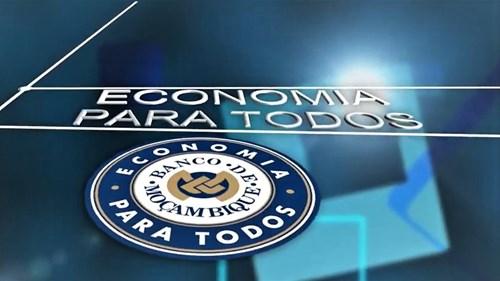What is economics?
What is economics?
In order to understand the concept of economics, two important principles shall be considered, namely:
- Unlimited needs; and
- Scarcity of resources.
What are unlimited needs?
Unlimited needs are wants that follow from the ongoing intent of improving individual or collective living standards. Consider the following examples of unlimited needs: the desire to eat well, a bigger house, a newer car, to enrol children in a better school, that is, the persisting desire to consume more goods and services.
What is the issue with unlimited needs?
The issue that arises from unlimited needs is the scarcity of resources, i.e, lack of money and time to meet them.
How can the individual or society solve the issue of unlimited needs amid scarce resources?
The individual or society needs to make the best decisions about using time and money, in order to add to personal and the society's satisfaction, overall.
Thus, economics is defined as the science that helps the individual or society to make the best decisions about using scarce resources, such as money and time, to satisfy their unlimited needs.
Who makes decisions in the economy?
Economic stakeholders make economic decisions.
What are economic stakeholders?
Economic stakeholders are all those who make decisions regarding the circulation of money and economic developments. For example, when an individual decides to buy a good or service, or open a business; when the government decides to build a school or raise taxes; when companies decide to invest in a new factory, among others, they are making decisions as economic stakeholders.


